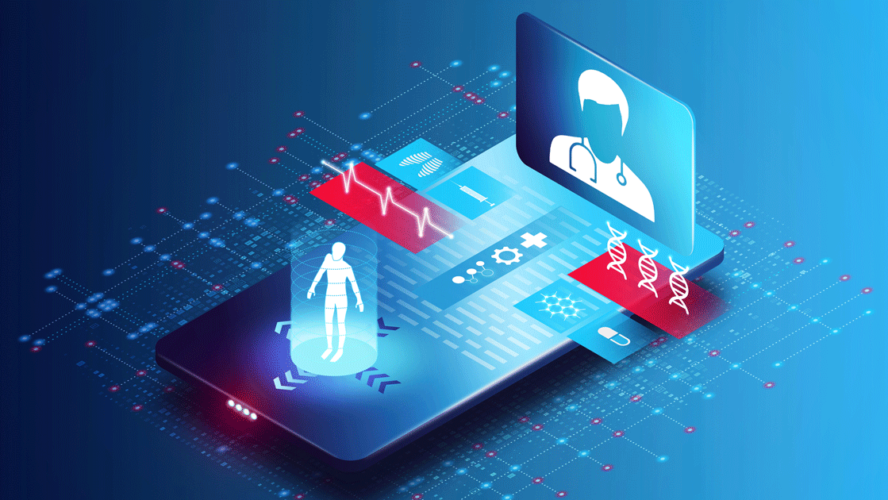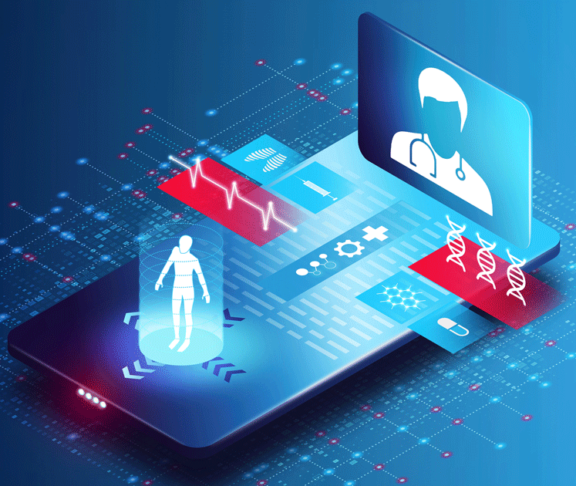
Dr Tim Ringrose
President, Digital Health, Royal Society of Medicine
Alongside the rise of telehealth and remote services during the Covid-19 pandemic, digital therapeutics are being developed and adopted by healthcare services at an increasing rate.
Doctors are prescribing software applications to help patients prevent, manage or treat medical conditions. They have great potential to improve patient outcomes, particularly for people with long-term conditions including diabetes, depression and Parkinson’s disease.
Evidence-based intervention
‘Digital therapeutics’ (often referred to as DTx) can be used effectively alongside traditional pharmaceutical drugs and, in some cases, instead of drugs. The Digital Therapeutics Alliance (DTA) describes digital therapeutics as “delivering evidence-based therapeutic interventions driven by high-quality software programmes to prevent, manage or treat a medical disorder or disease.” They often use data analytics, artificial intelligence and cognitive behavioural psychology to help people manage their health and treatment.
Treating conditions
Digital therapeutics are becoming available for a wide variety of conditions. One such example, Sleepio, delivers cognitive behavioural therapy (CBT) over six weeks via computer or smartphone for people with insomnia.
The National Institute for Health and Care Excellence (NICE) now recommends Sleepio as a cost-saving option for treating insomnia for people who would otherwise be offered sleeping pills. The service has been made available to all 4.5 million adults living in Scotland thanks to funding from the Scottish Government. Macmillan has funded the service for all patients in the UK recently diagnosed with cancer.
Digital therapeutics are becoming available for a wide variety of conditions.
Digital therapeutics challenges
Digital therapeutics are one of the latest developments in the field of digital technology for healthcare and are regulated as ‘software as medical devices’ (SAMD) by the Medicines and Healthcare products Regulatory Agency (MHRA) in the UK and equivalent agencies in other countries such as the FDA in the US.
To achieve regulatory approval, the manufacturer (or developer) must demonstrate product safety, efficacy, quality, usability, privacy and lasting clinical impact. Since 2017, the FDA has approved over 40 digital therapeutics. In the UK, registered digital therapeutics are listed on a database published by the MHRA.
There are still many issues to consider such as whether or not DTxs should be regulated in the same way as drugs or only available on prescription from a healthcare professional. And how should we guard against the misuse of personal data that these services collect and track?
The potential for digital therapeutics is huge: not just to reduce the human and financial costs of long-term conditions but also to ease the load on the NHS and our over-burdened frontline clinical teams in general practice, emergency care and hospital medicine.
To learn more about this exciting field from a panel of experts, please join the Royal Society of Medicine on the 18th January 2023. All are welcome, visit https://www.rsm.ac.uk/events/digital-health/2022-23/ter02/

